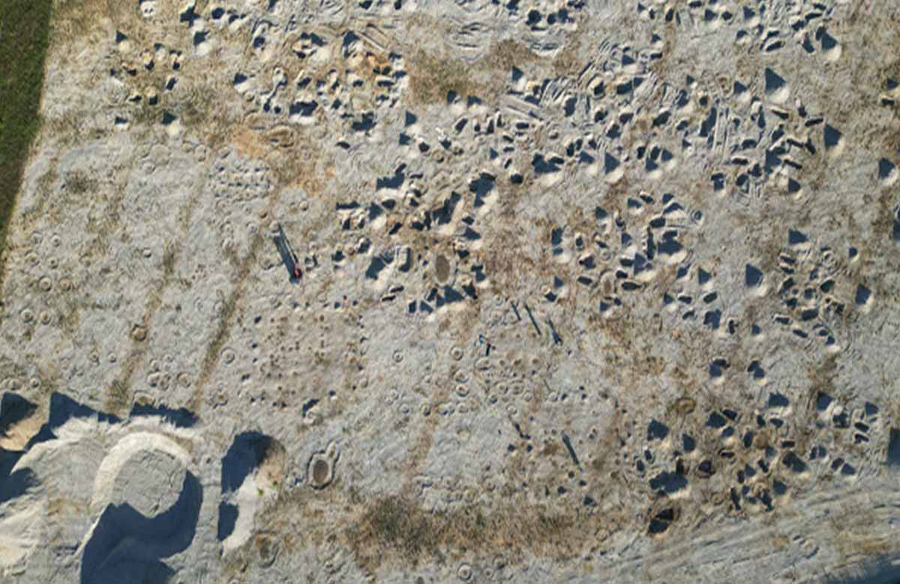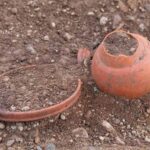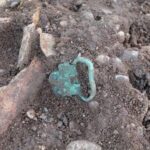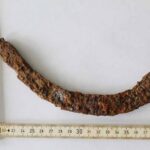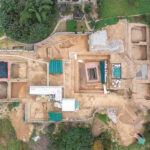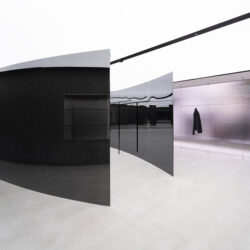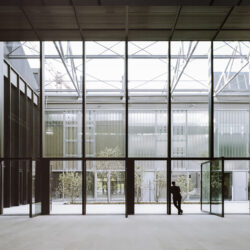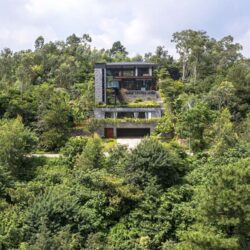A Remarkable Discovery
In a suburban field north of Munich, archaeologists made a significant discovery while conducting excavations. The remains of an ancient Celtic village, along with artifacts linked to a later Roman settlement, were unearthed during ongoing archaeological work at Lerchenauer Field, adding to the list of fascinating ruins from past historical eras discovered at the site.
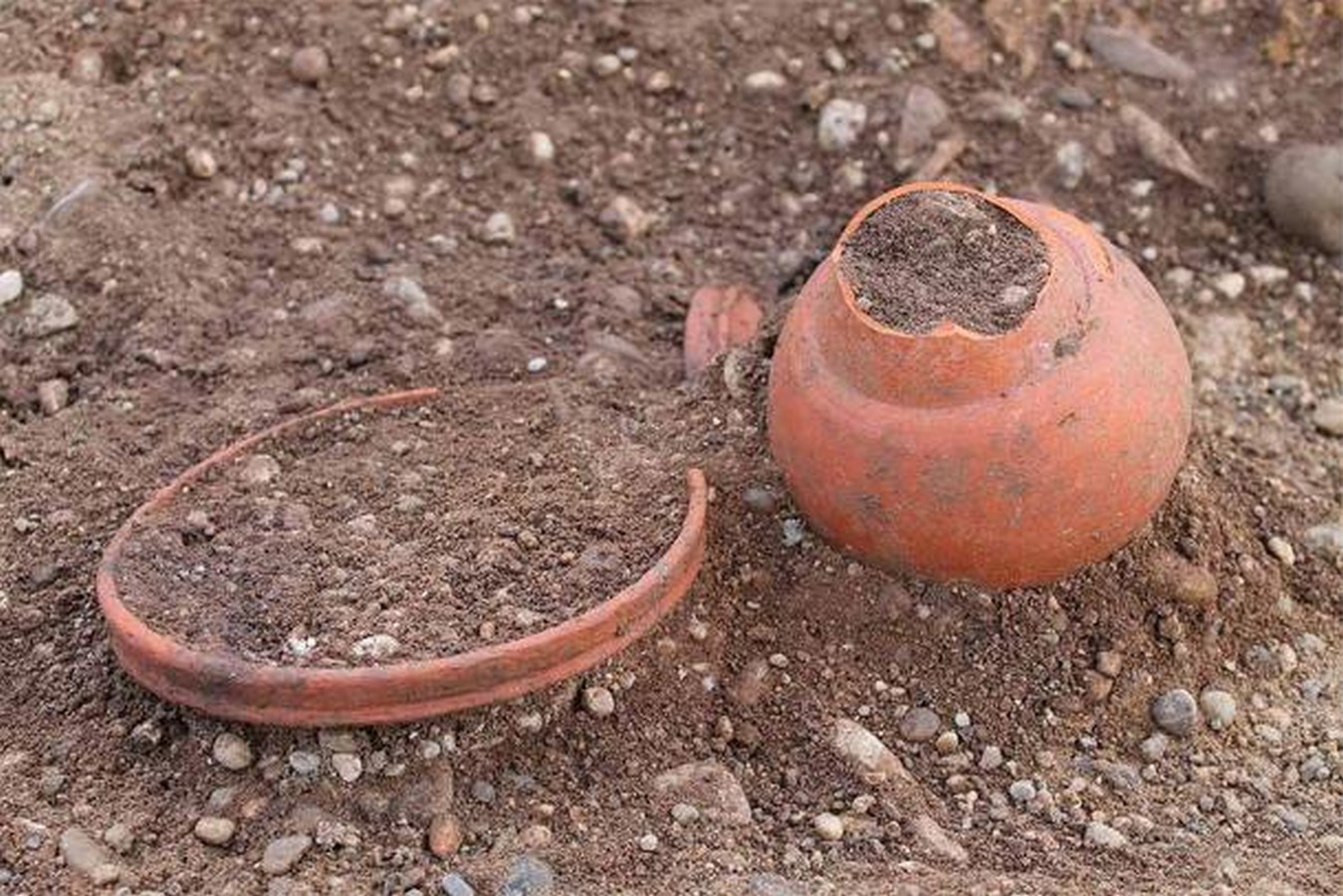
Celtic Village: A Unique Find
The discovery of the ancient Celtic village is unprecedented, marking the first of its kind ever discovered in Munich, and indeed in the state of Bavaria. While traces of Celtic settlements have been found in the region before, this village was excavated largely intact, making it an exceptionally rare and noteworthy find.
Insights into Ancient Civilization
The builders and occupants of the Celtic village belonged to the La Tène civilization, a Celtic culture that thrived around 450 BC. The excavation revealed an extensive network of post holes indicating individual houses, suggesting a population of approximately 500 people during the late Iron Age.
Layout and Structures
Archaeologists identified the outline of a large square structure, likely serving as a community gathering place akin to a town hall. The village consisted of houses of varying sizes and floor plans, some constructed partially from wood and reinforced with clay. The discovery of two cemeteries helped date the settlement, one from the Celtic period and another from the Roman era.
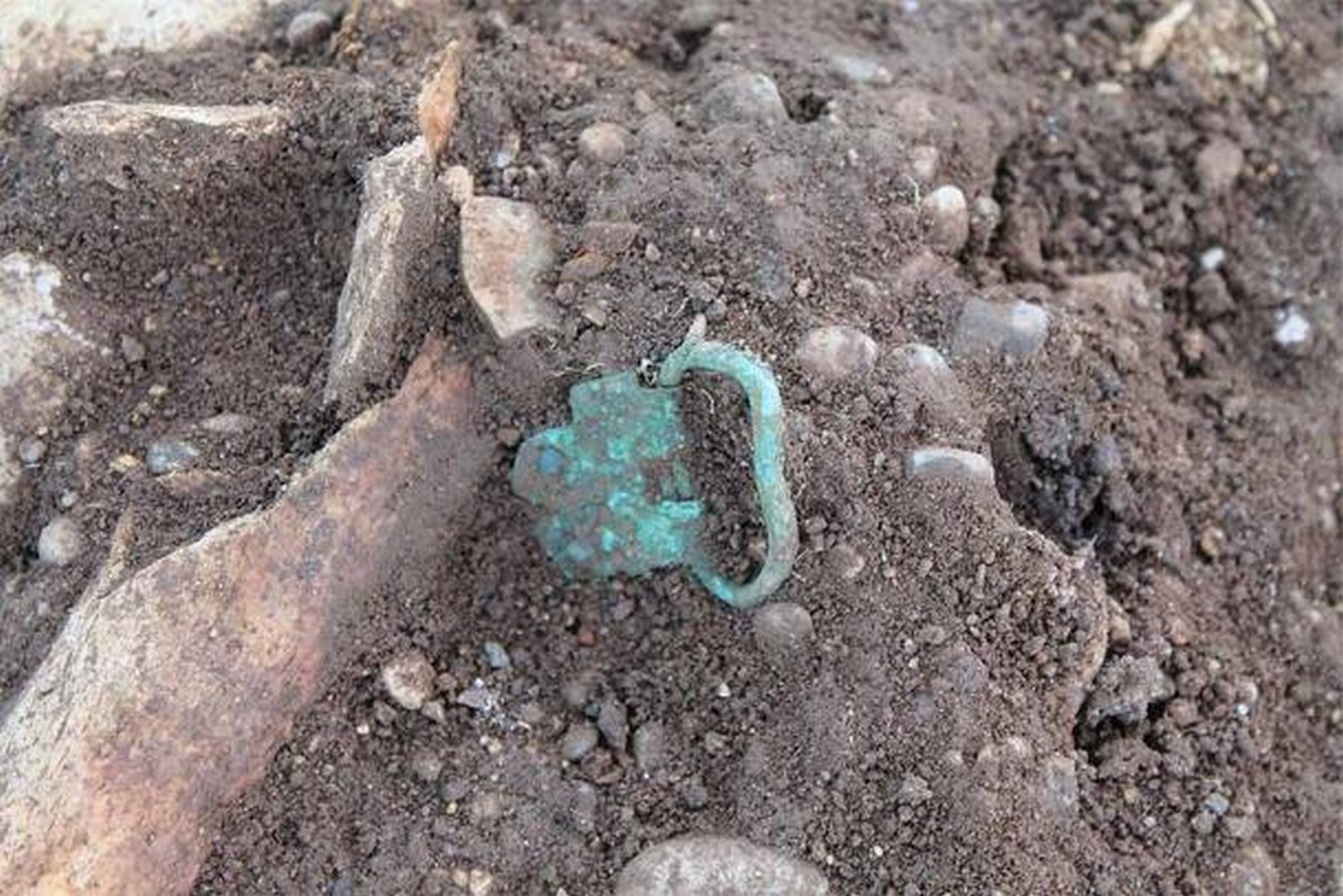
Artifacts and Cultural Exchange
Excavators uncovered various artifacts, including tableware, agricultural tools, ceramics, and jewelry, shedding light on daily life and customs of the inhabitants. The artifacts also reveal interactions between Celtic and Roman cultures, as evidenced by the coexistence of the two settlements in the same area.
Historical Significance
The discovery highlights the enduring occupation of the area before modern times, showcasing interactions between ancient cultures in southern Germany. It underscores the importance of collaboration between archaeologists, developers, and local authorities in preserving and exploring cultural heritage.
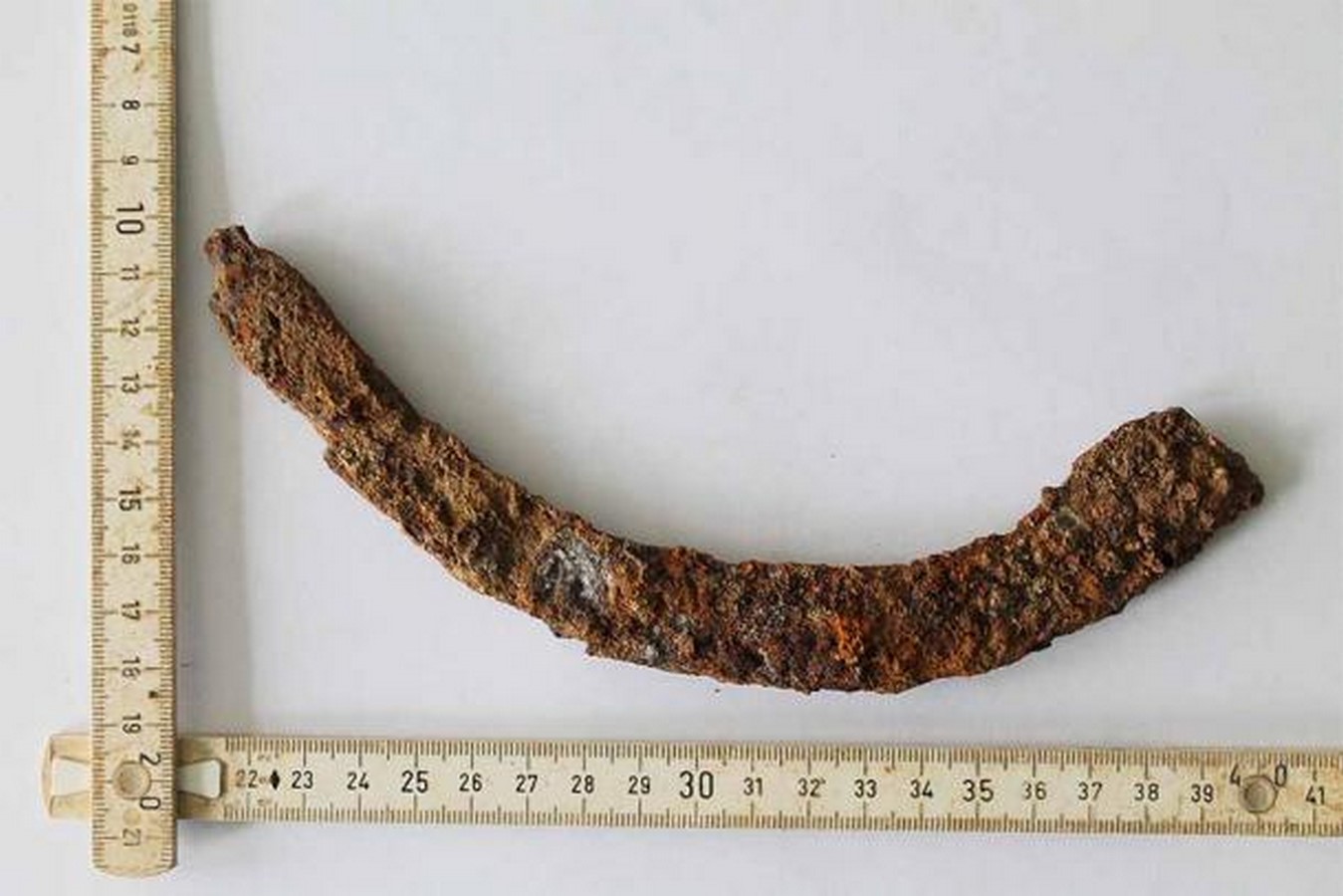
Continuing Exploration
Excavations at Lerchenauer Field will continue into 2024 to ensure thorough exploration before housing and development projects commence. The ongoing efforts promise further insights into the rich history of the region and its significance in ancient European civilizations.


